Core Values: Against Art and Education
I tell you, and myself, that the work I make which involves placing cardboard signs on the street, is a sideline, its an obsessional outlet but not really ‘my work’ at all, more of a way to ‘keep my eye in’. Studio sketchiness turned semi-social.
Professionalism was big in the 90’s, but now it’s way way more than hyper-, uber- or omni-. However it’s not really true to say, in a ‘this-was-all-fields’ sort of spirit that things were entirely different back then.
There has always been a tendency to streamline, neutralize, and rationalize creative thinking, however now the word professional is hardly even useful at all since we don’t have much that isn’t inflected by professionalism, its expectations, and its guardians. In the same way that working-all-the-time makes us post-work, we are post-professional.
It’s very hard to be professionally non-professional, and being seriously non-professional isn’t taken seriously. I think it requires conviction and effort, while others do it perfectly effortlessly albeit at the expense of visibility. As a career choice I think that previously it was sort of a given, although you might work hard and take that work seriously and were paid, you didn’t aim to be ‘professional’, perhaps quite the opposite. Since Professionalism is such an accelerated thing, or space, and so ubiquitous, there may need to be a reevaluation (explosion) of the definition?
There’s a dark swampy, mud-popping space of middle-management that’s simultaneously a blinding hall-of-mirrors. It’s all over the place. That space is in-your-face, in your eyes, and squeezing your heart, and it’s that same space which tells you that it urgently needs your feedback, your input, your professionalism, preferably by the end of today.
So, after trying to slow your heart rate, after some minutes of conscious breathing, long deliberate releases; what do you do? How do you respond.
Calmly request further explanation in the form of a ten-page PDF.
Resist.
What?
Unless you can articulate more clearly exactly what it is that you are resisting, you will sound something like Jack Black in School of Rock. Jack suffered, like most, from Stickitothemanus, stick-it-to-the-man-us, but apparently he fought back, through using the power of Rock.
Hakim Bey said this in an interview:
“At a certain point, the institution starts trying to monopolize the field that it entered, and begins to have the opposite effect of its original intentions. So even public schooling becomes a monopoly, and suddenly it’s no longer educating you, but making you stupid, right?”
And this,
“So if you’re going to start an institution and think of it as an autonomous zone, you can do one of two things. You can say, “As soon as this starts to become boring for us, we’re going to quit, just quit.” Or you can say, like Trotsky, that there has to be a permanent revolution inside the institution—you have to be always stirring it up from inside. And as soon as that process stops, then the sclerosis, the stiffening of the arteries sets in, and before you know it you have an Illich scenario of paradoxical counter-productivity, as he rather clumsily termed it.” 1
Key skills for lifelong-learning
Stakeholder’s Interests
Profesional Standards
Industry Advisors
I read these words and phrases, along with others from the same pit, as weaponized language that wants to tame, chastise and belittle. What sort of options are available to you in the world without recognition from Industry Advisors?
Some of these words mean well, but essentially they’re part of a set of tools which want to exercise superiority. All at once these tools are both verbal armor, and weaponry.
There’s an economic rationale at the root of this language that bases decisions on cost-effectiveness, lowest common denominator user-centered experience, but more importantly the root is a logic that refuses anything remotely non-logical, relatively irrational, alien. It’s technocratic, purely serviceable having bled any sign of stumble, stutter or stalling.
Many teachers know something about Ivan Illich’s De-schooling Society - teaching and learning platforms for non- or extra- institutional exchange. My non-job or extra-job of repurposing and displaying found cardboard allows me to ‘work’ with imagined or real others in the non-institution of the street, and that’s a relief.
As the growth of market-led value systems, and a massive expansion of middle-management (at the expense of funds for teaching) is exalted in art education, the student ‘experience’ gets more and more labyrinthine, closer to the mud swamp hall-of-mirrors, more embroiled with the apparatus of the institution, and further away from art.
Intensive farming and soil erosion aren’t exactly good metaphors for Art Education, but it feels like there might be useful links here.
This is all partly about language, about how we engage, or fail to engage with the demands of technocratic language and people who weald it. While it’s brimming with words and has loads ‘to say’, my version of art is inherently not efficient or entirely rational or quantifiably logical.
It’s perhaps in part my first-hand experience of art education from the early 90’s onwards that tells me to worry about the depleting space for non-standard modes of (un)professionalism, for unpredictable ways of being a worker, or for non-standard modes of anything! Art school is a place where you can seriously pursue uncertainty and unquantifiable goals with enormous conviction and arrive at remarkable non-conclusive outcomes.
The cardboard extra-work is a small way of generating and sharing some of these ‘core values’.
1. https://www.e-flux.com/journal/21/67669/in-conversation-with-hakim-bey/
Absent-Minded Exercise
In the course of absentmindedly running a finger along a surface, and in so doing measuring heat or sensing texture, one might be thought to be ‘being affected by’ environment, space, material; and at the same time and with the same finger one might inadvertently clean the same surface while also leaving a trace of oil from your skin thereby impacting upon, or affecting, that same environment. Is this some form of micro-relationship? How might this moment of simultaneously affecting and being affected by -both equally active states- be recorded and amplified? Minute but nevertheless tangible and vital forms of affect may be unsolicited, involuntary – perhaps this is a form of disinterested or passive affect?
In fields of art making where ‘participatory practice’ implies the audience’s ‘active’ role in producing, for example the production of a subject (the audience themselves?), there’s an increasingly pressing need to qualify the nature of that productivity. This need arises out of a more general demand for our (i.e. a viewer, client, consumer, user, operator, producer, or all of these at once) productive engagement with an infinite variety of fields where people come into contact with other matter, data, people, objects, and subjects. So one question might be about the nature of the active and/or productive relationship between people and things, people and people, and people and materials. Do those relationship generate capital or exchangeable data, and can that data be monetarized? And anyway who’s doing the acting? When does that relationship generate a space of self- or community-realisation, which in turn might have a capacity to liberate or make powerful, or promise ‘mutual-support’ as an outcome, for example? When people are consumers are encouraged to recognise themselves as consumers who should present themselves as products, who really benefits from all that productivity?
With the omnipresence of ‘activity’ and ‘interactivity’, and the time for work-time both expanding and becoming denser, passivity becomes more attractive. The attraction lies in its potential to offer rest, down-time, but also a space for undetermined speculation, a space for potential itself. ‘Active engagement’ used to imply political assertion, partaking in the production of society, investment in change, perhaps even caring for things, people and ideas regardless of whether or not they impact directly upon ones own life. How do we consolidate those positive associations with ‘action’ on the one hand with a desire for passivity on the other? However activity and passivity aren’t mutually exclusive terms, just like subject/object and author/audience. It might well be that in some cases being passive, refusing to act, constitutes, conversely, a form of activity, and vice versa. When tireless activity, self-exploitative working patterns, and the constant assertion of our own subject-hood might seem to define our contemporary landscape, then recognising passivity as vital, generating spaces for passivity, and choosing when or how to adopt a passive position might be increasingly necessary. The question of who can actually afford to practice passivity might then follow, but that stands alongside the question of who can’t.
‘In the era of biopower, what bodies are meant to produce is essentially their own economically productive lives – integrally self-converting into human capital. Life itself has become integrally capital-intensive’ (Massumi, Politics of Affect). The effects of excessively competitive and self-exploitative patterns of work arguably take root in the body. Immaterial or cognitive labour materializes, if anywhere, in or on the body, e.g. skin, eyes, limbs, joints, nerves, hair. Functioning as something of an antidote to a backdrop of ever-present activity or productivity, in the book Technologies of the Self Foucault talks about learning how to effectively take care of oneself, and in discussing this form of care, he quotes Marcus Aurelius, ‘I did little work, and that to no purpose’. So small-scale, seemingly purposeless work, or perhaps work that is done when we’re not at work or not really working at all is upheld as being valuable, and seems to be equivalent to a kind of ‘taking care’. Perhaps this ‘little work of no purpose’ can also be associated with a form of passivity?
There are three areas that I’m linking here - the active and passive nature of ‘affect’, signs of contemporary work on the body, and a notion of caring for oneself and others. I want to consider the ways in which these areas might be co-dependent.
...if an object is acted upon by another object it will stay at a constant speed with zero acceleration until acted upon by another object.
















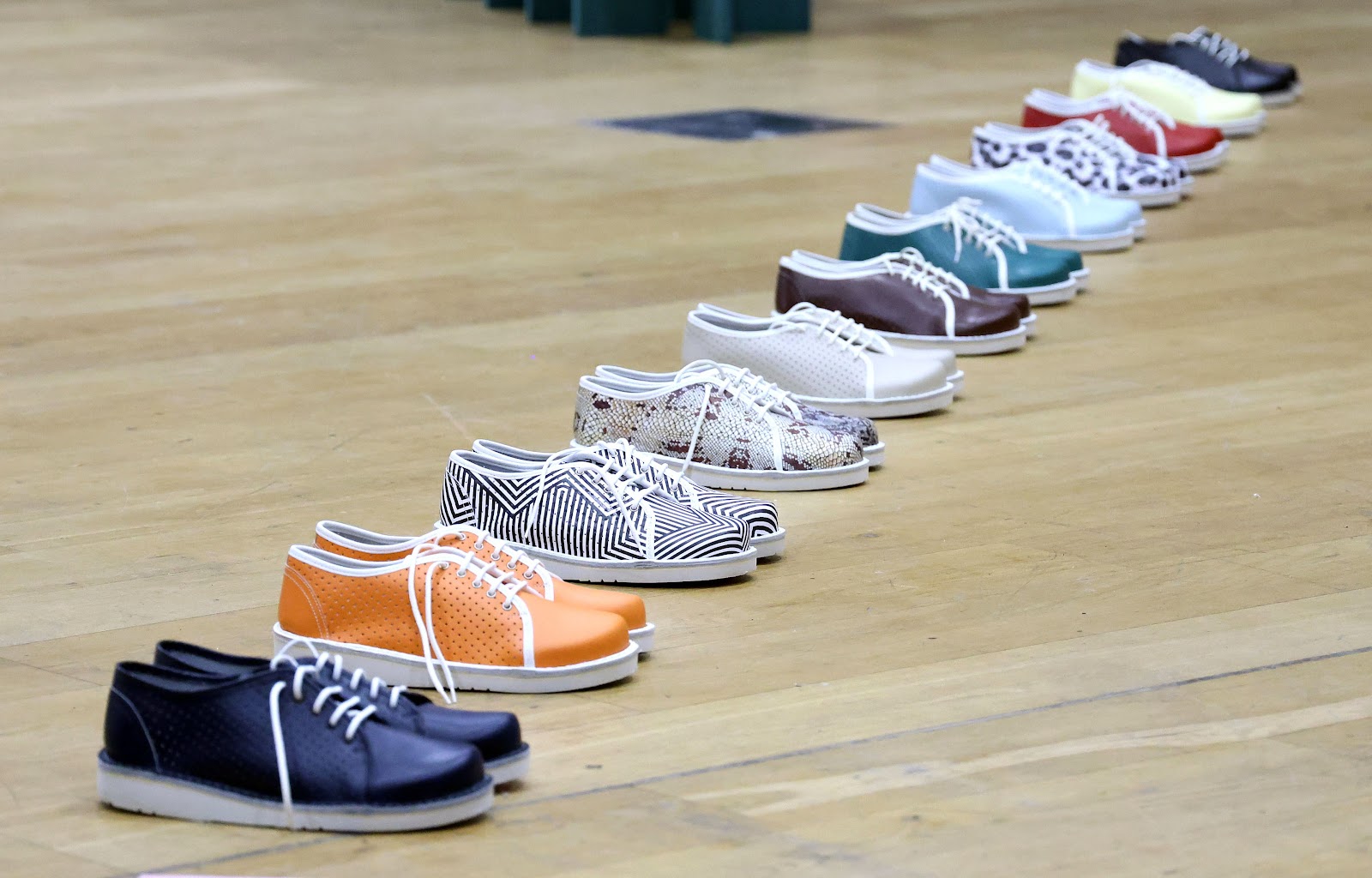









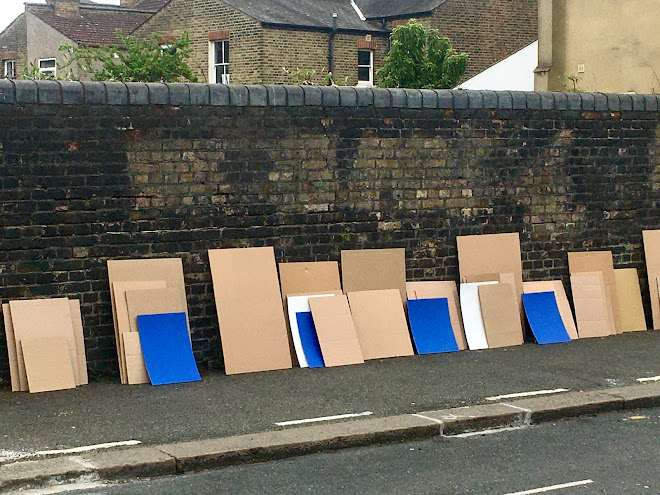
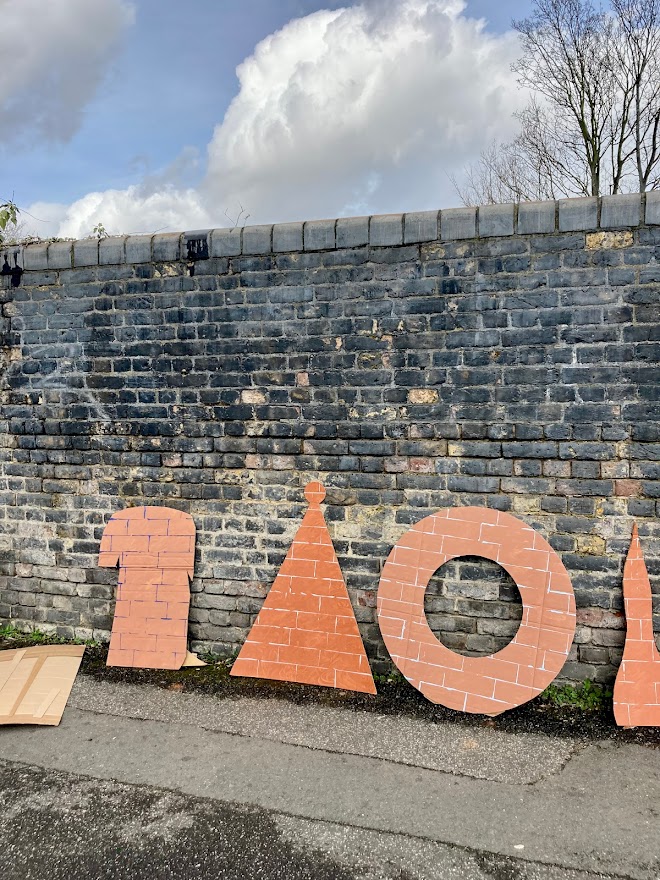
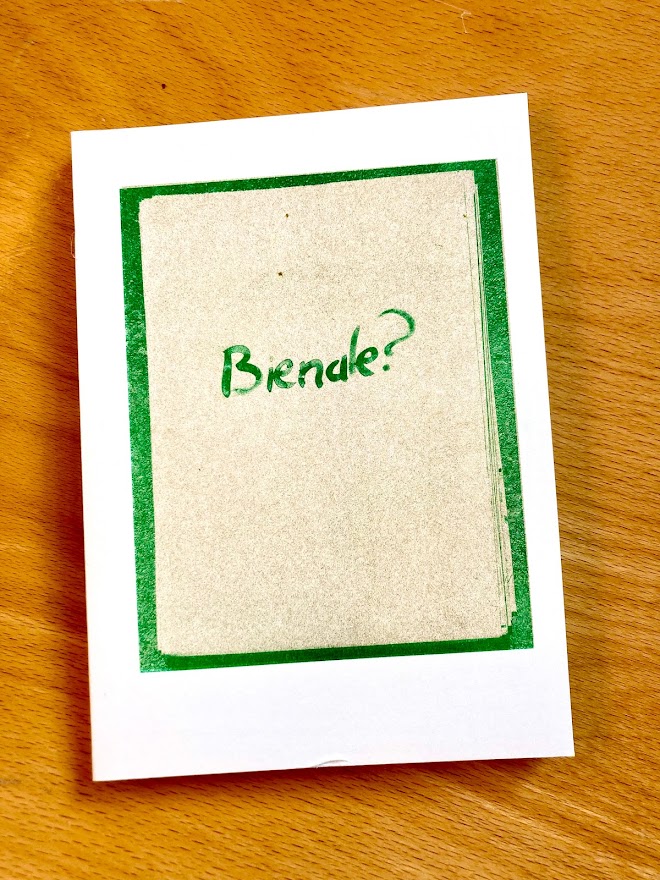
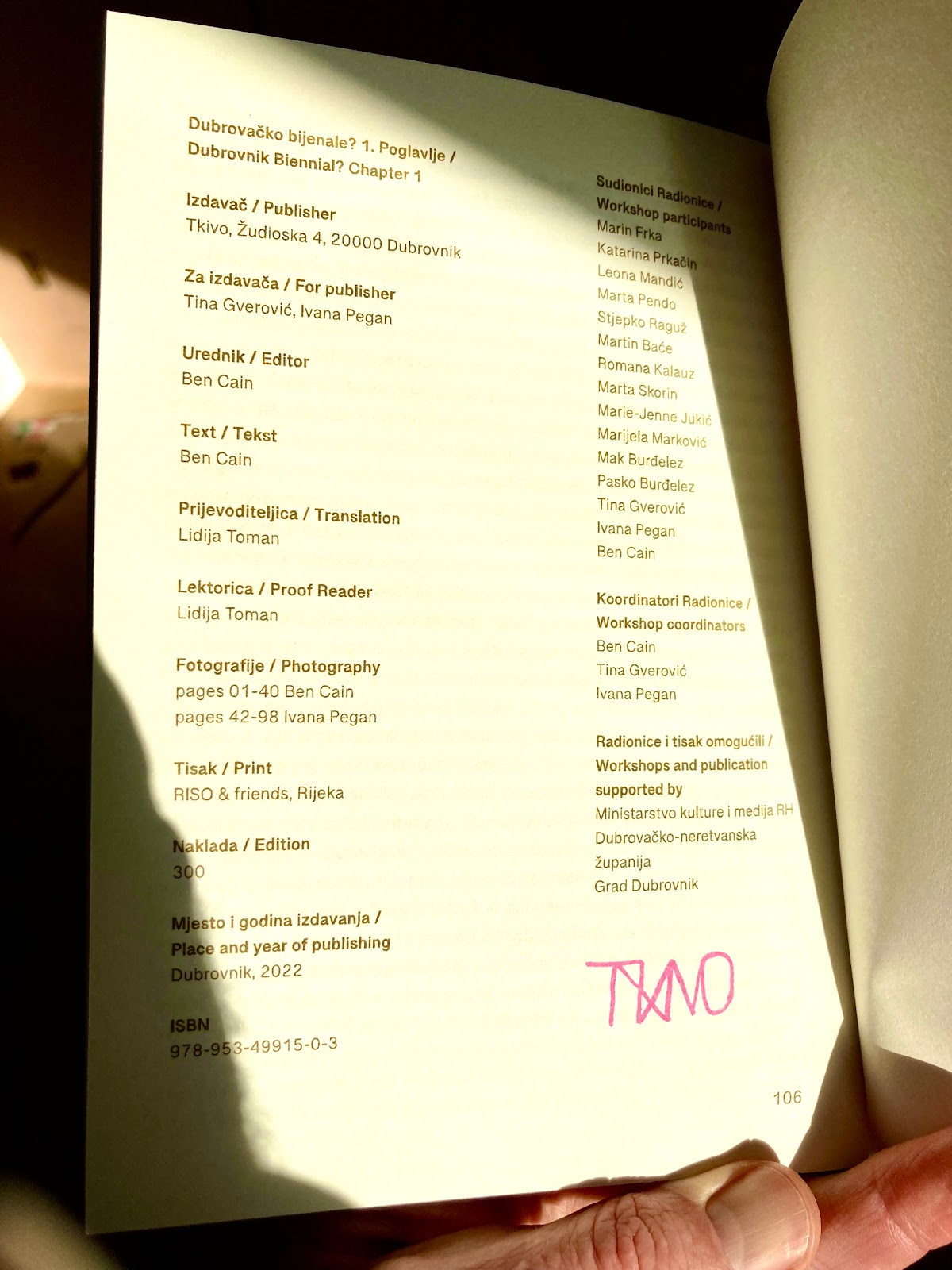







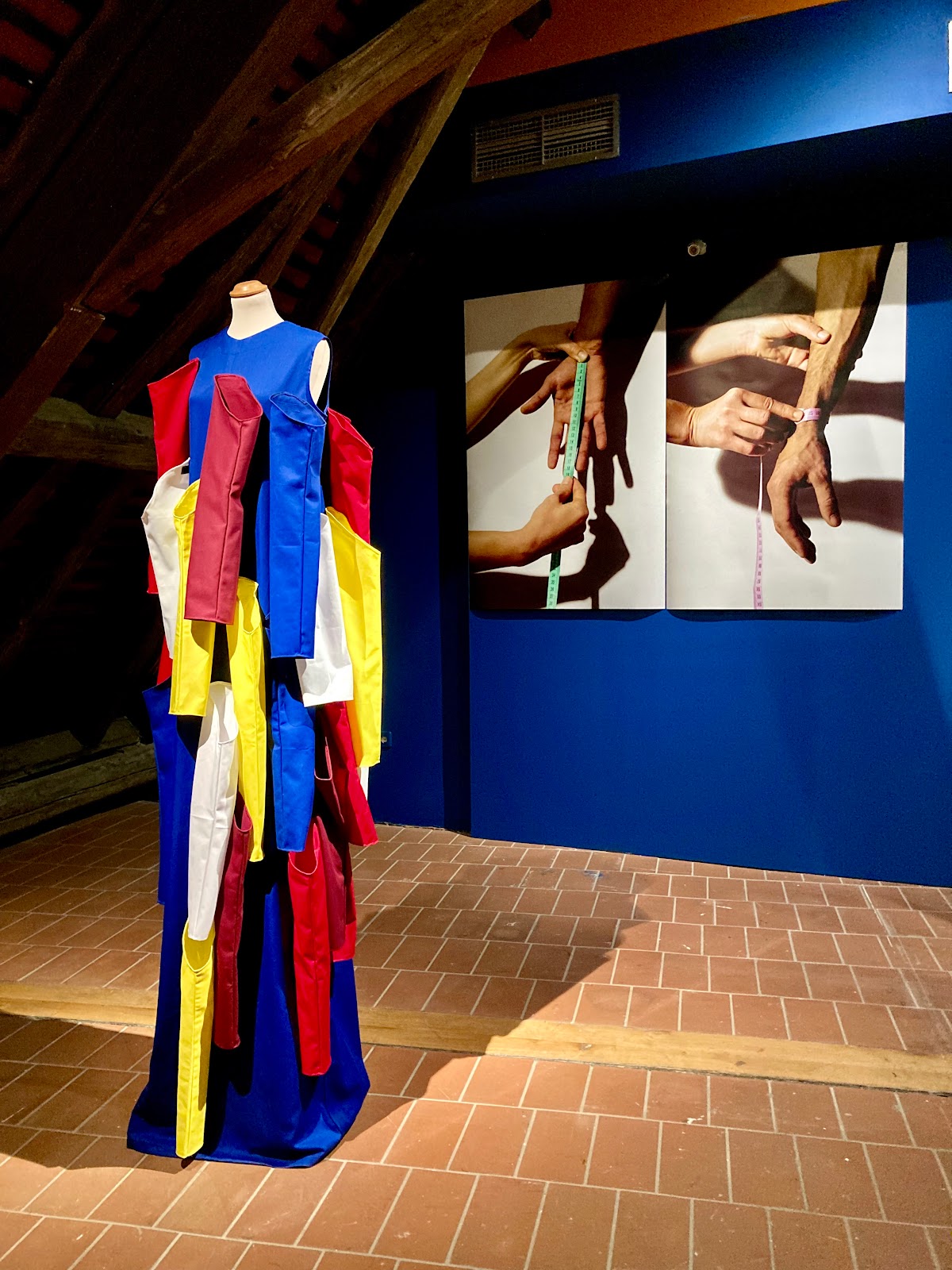





















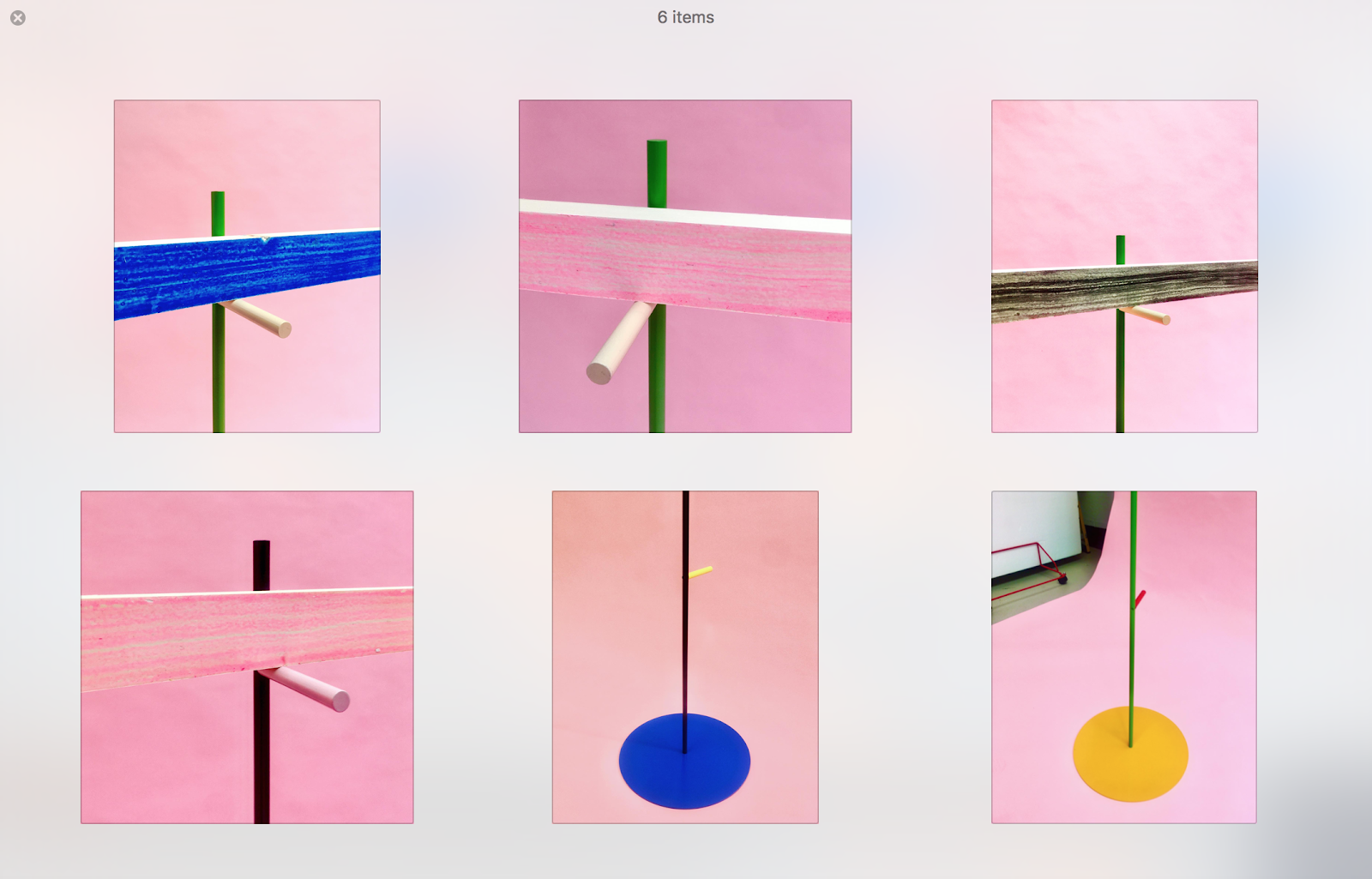




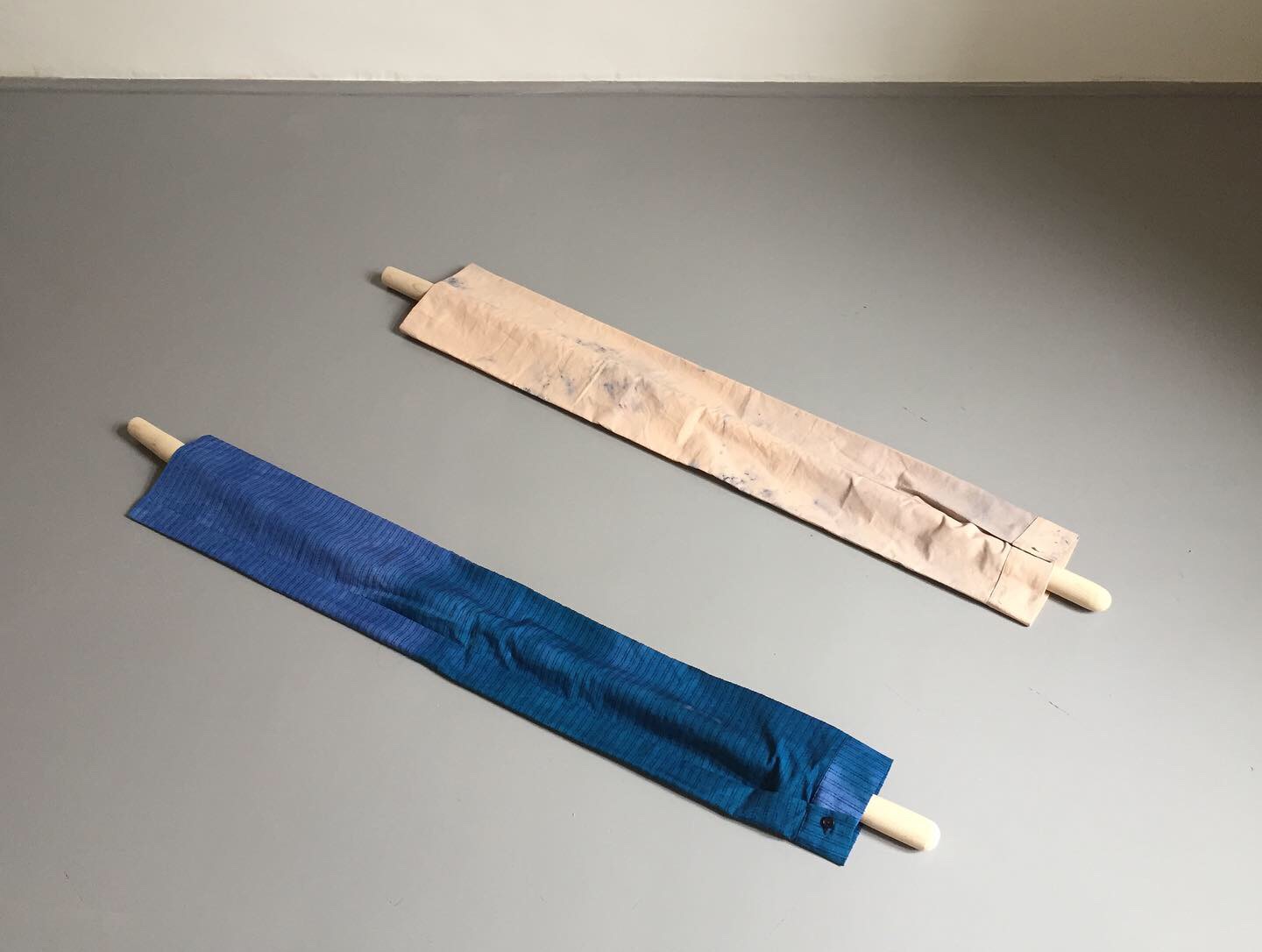




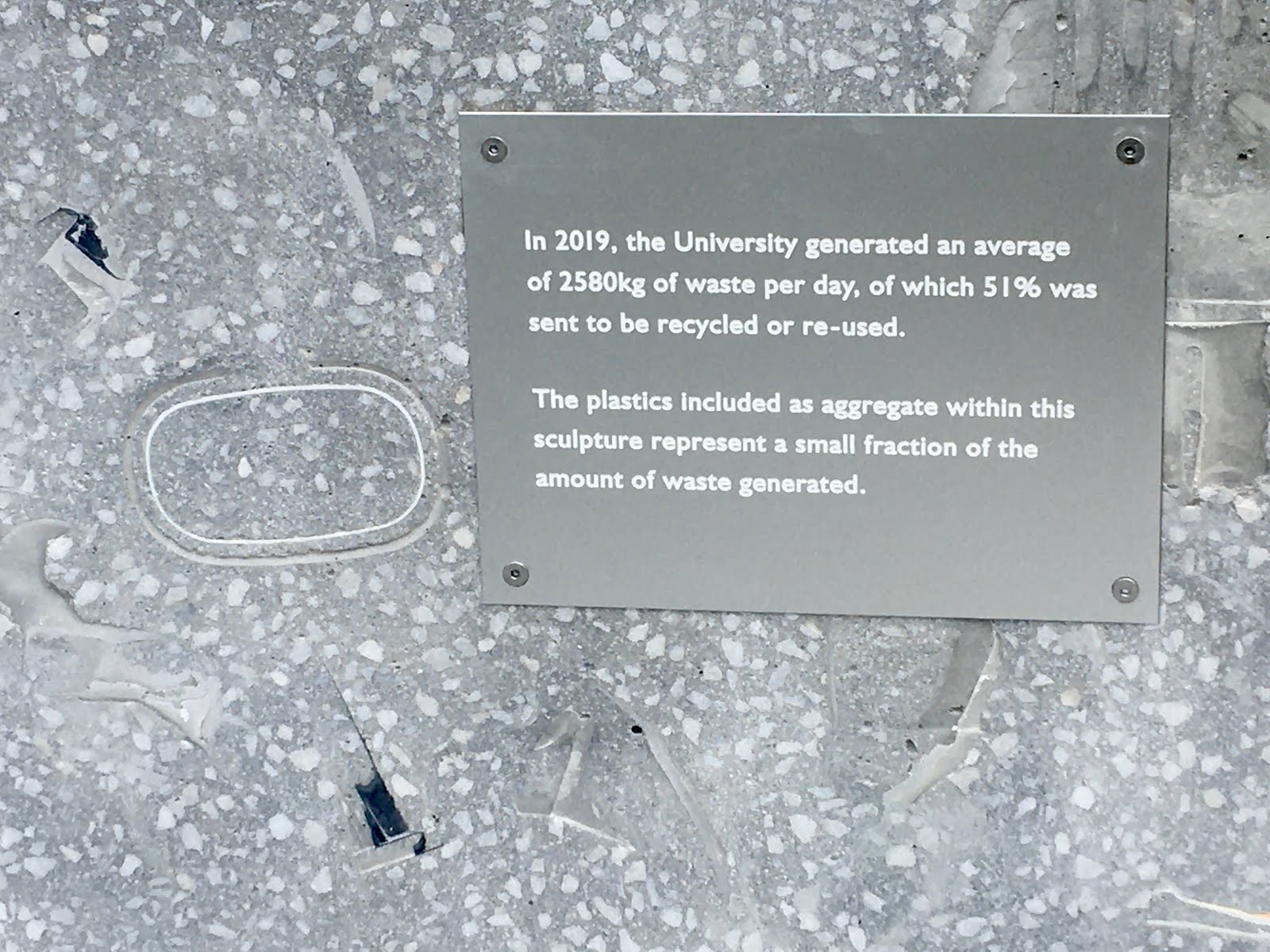









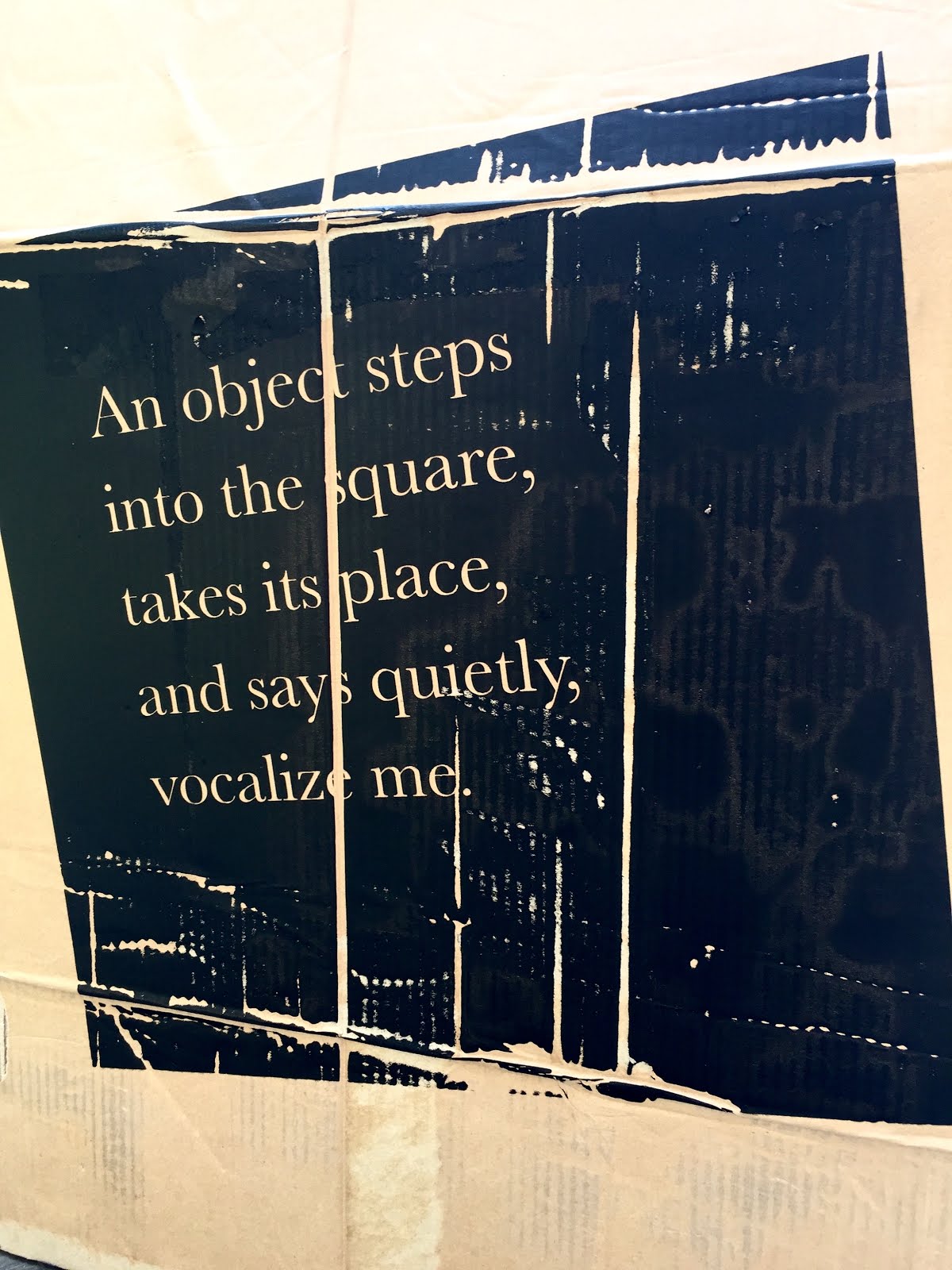













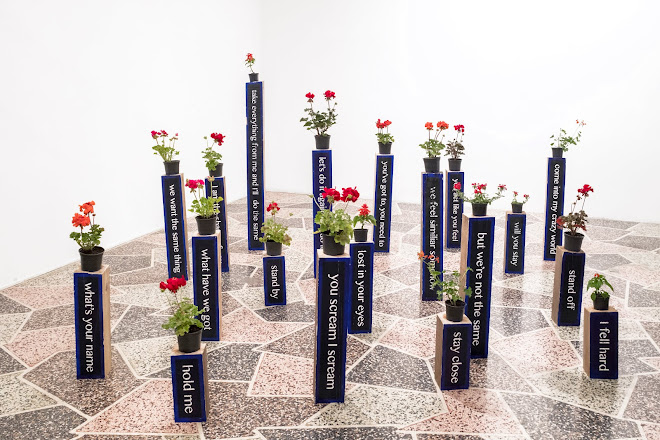



























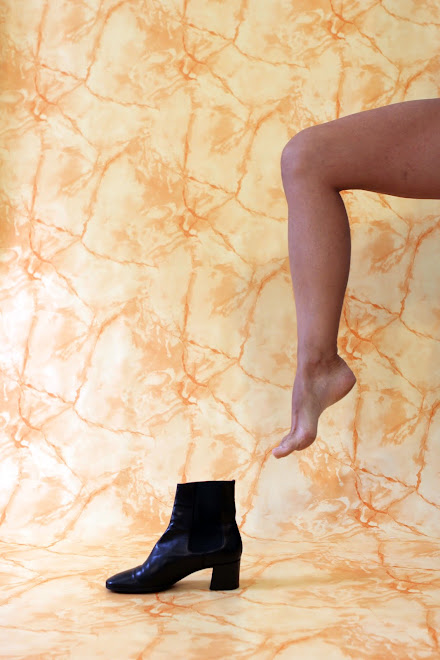





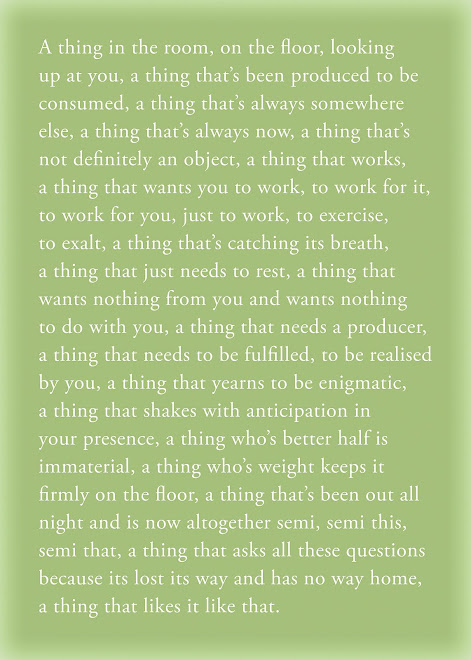





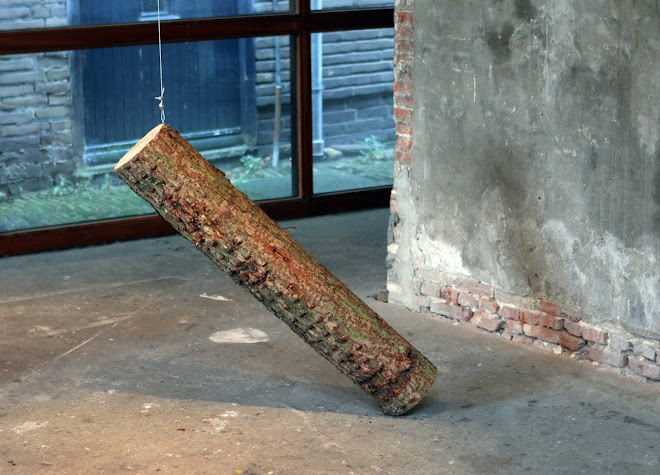








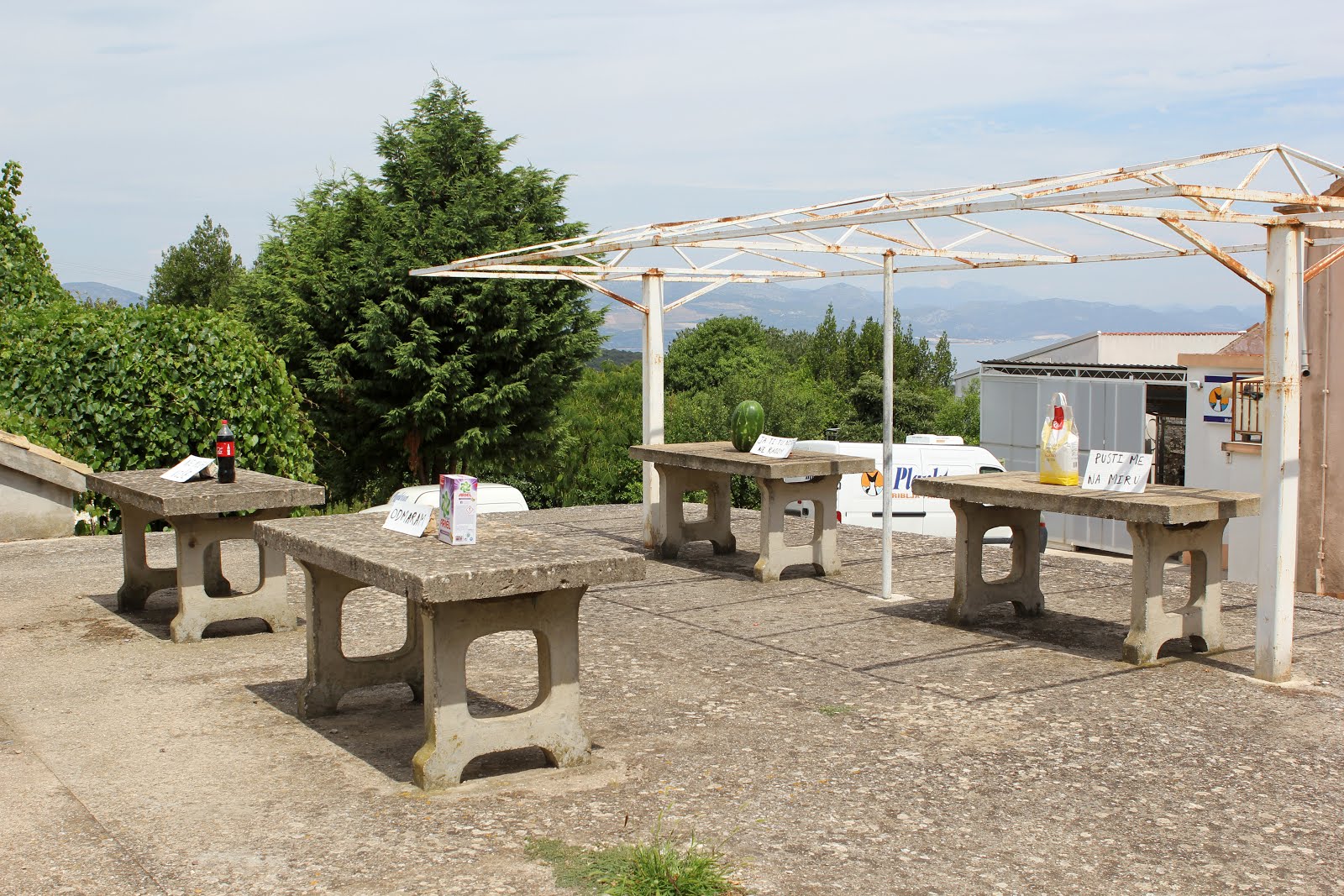



























































































































































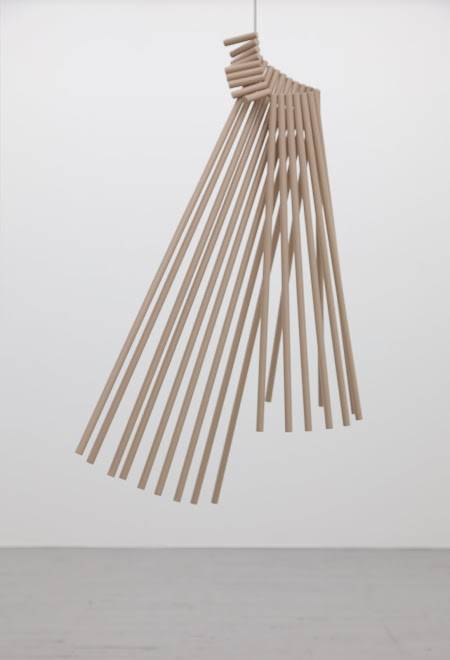
























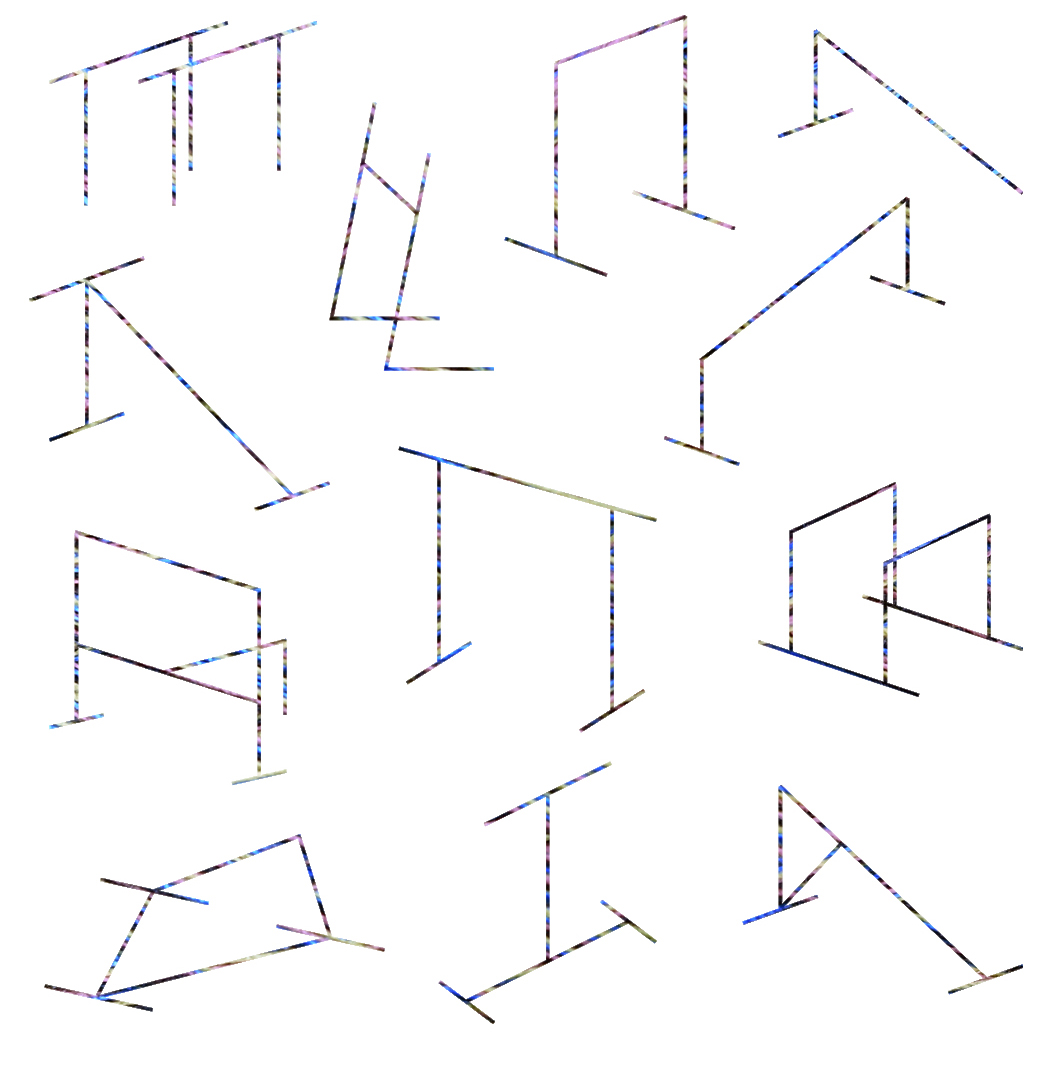




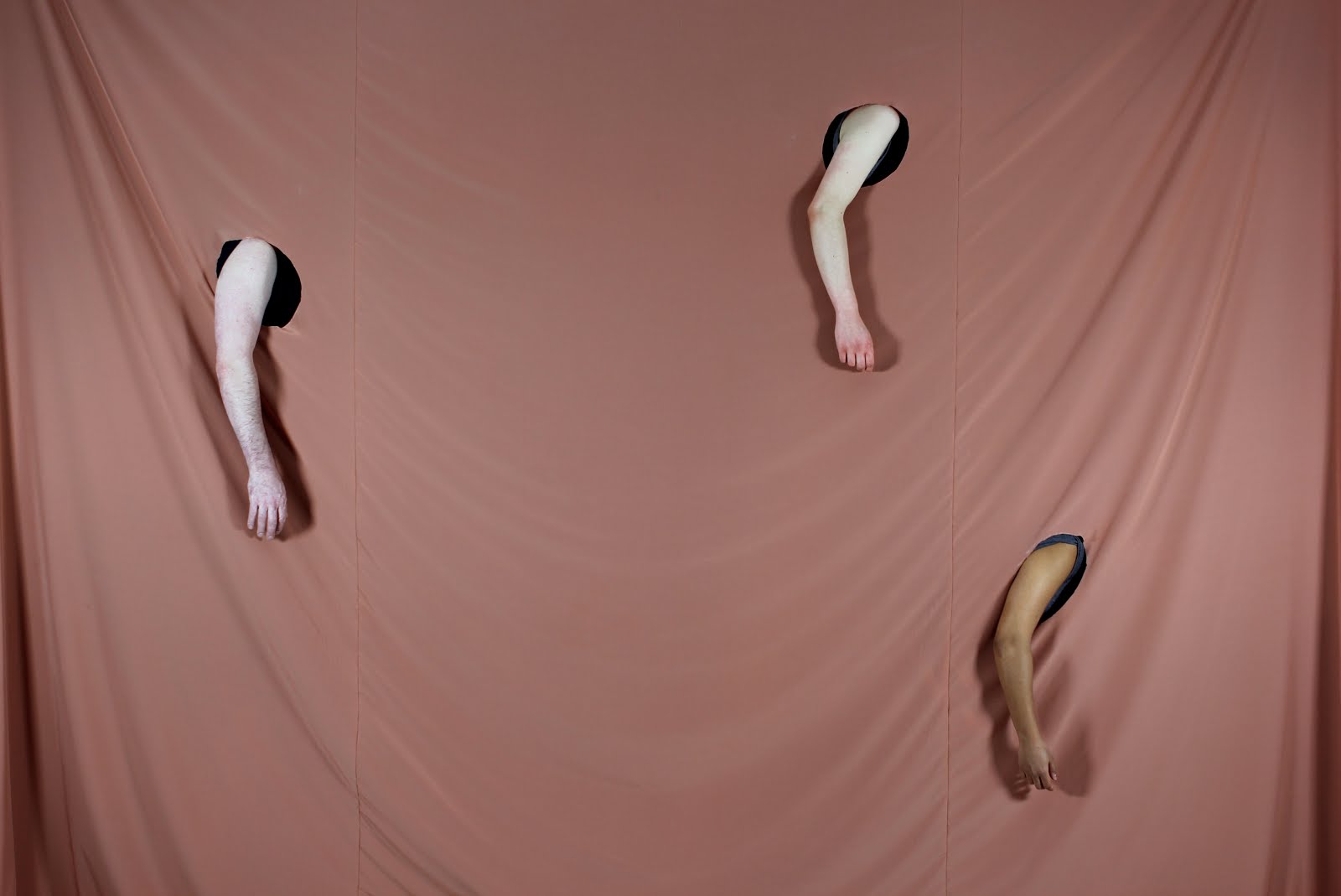



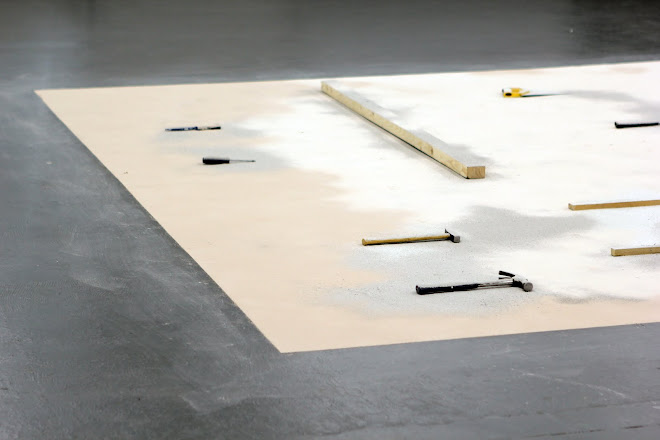











































































































































































































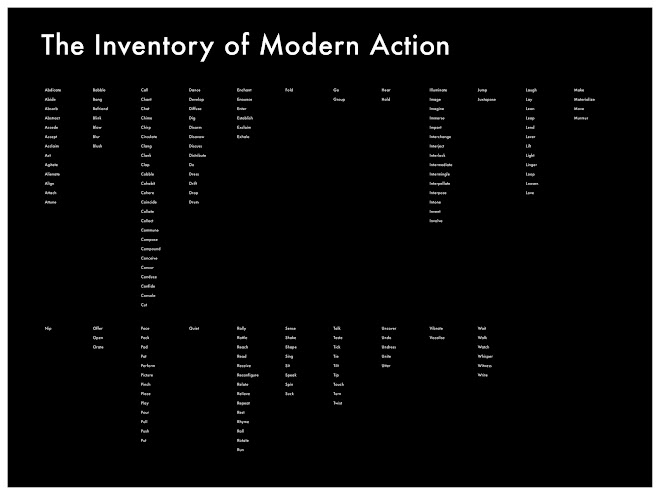.jpg)


.jpg)







.jpg)



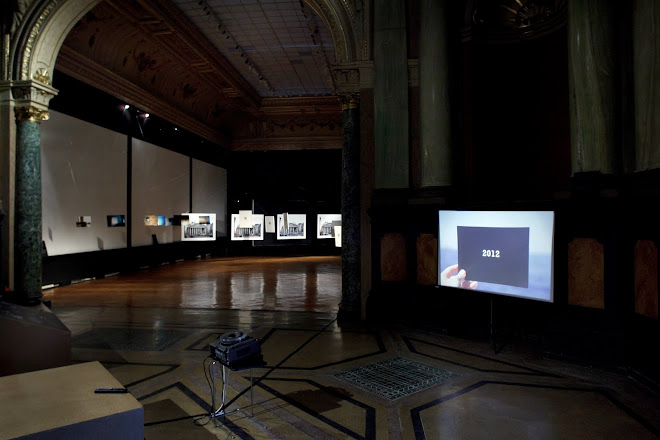


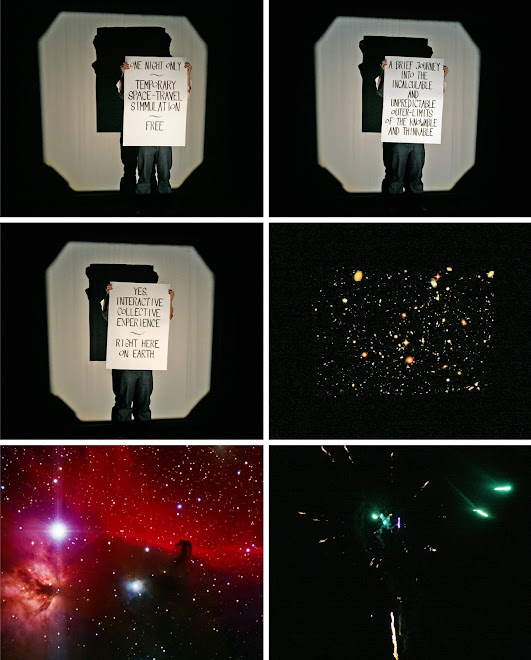

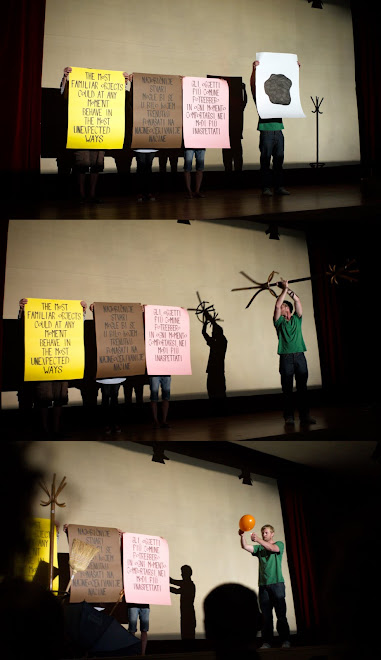






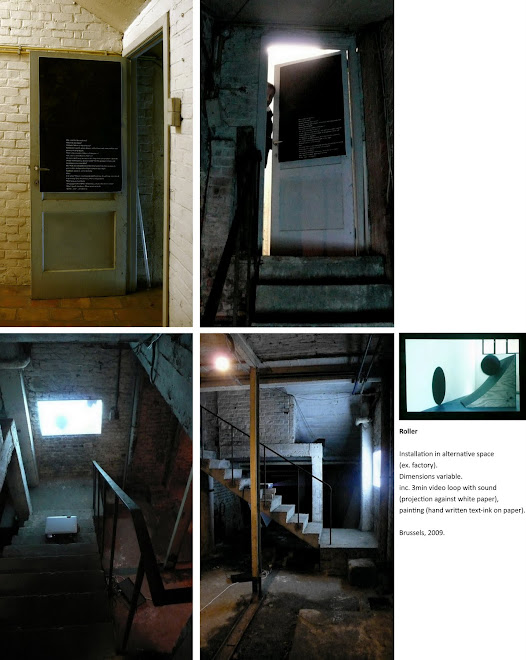.jpg)
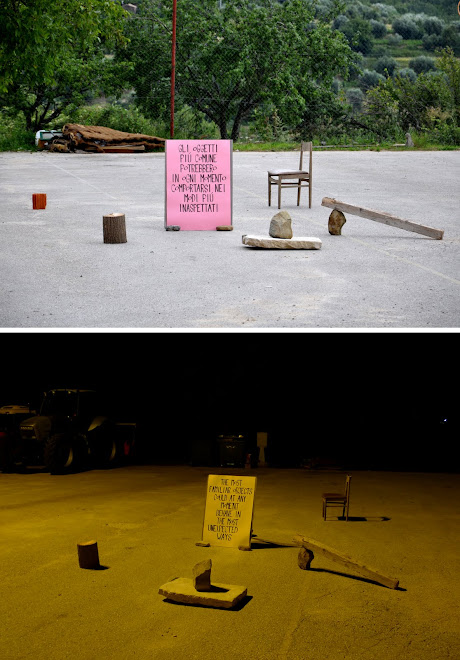

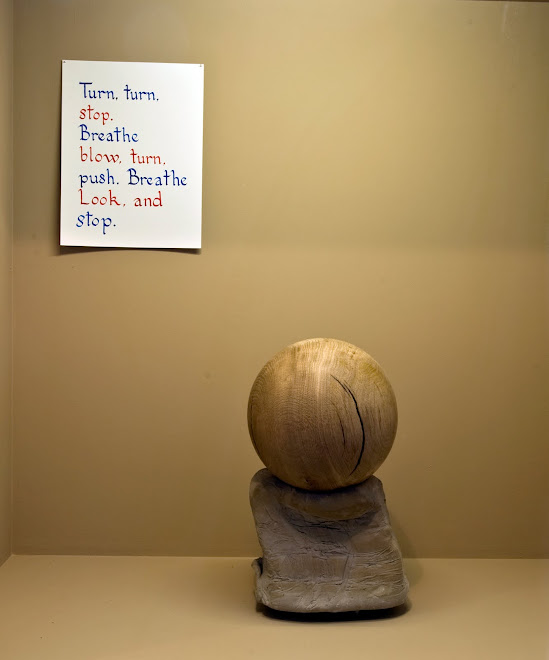













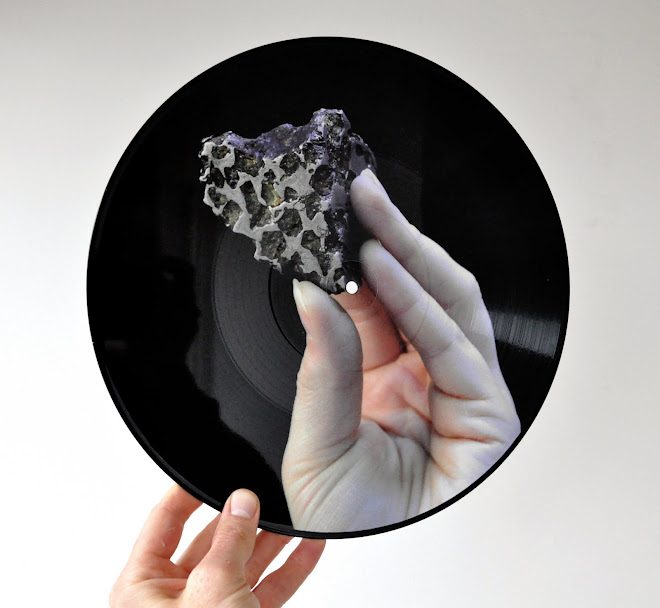



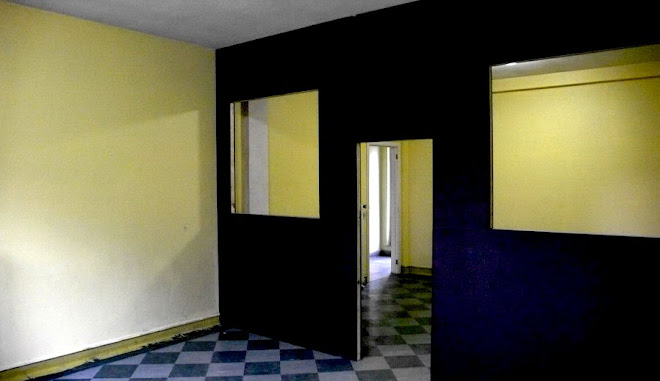

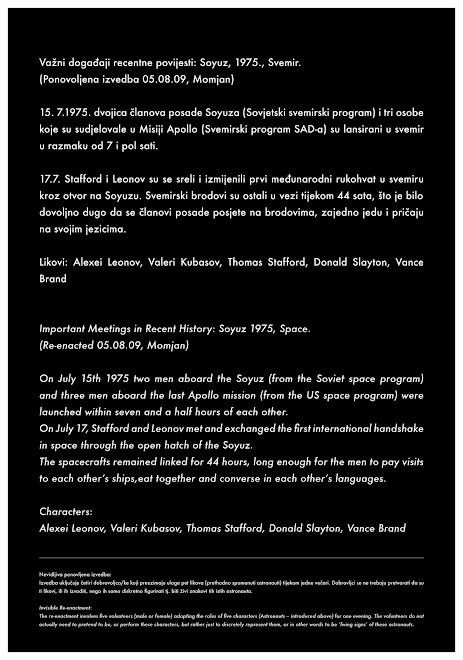
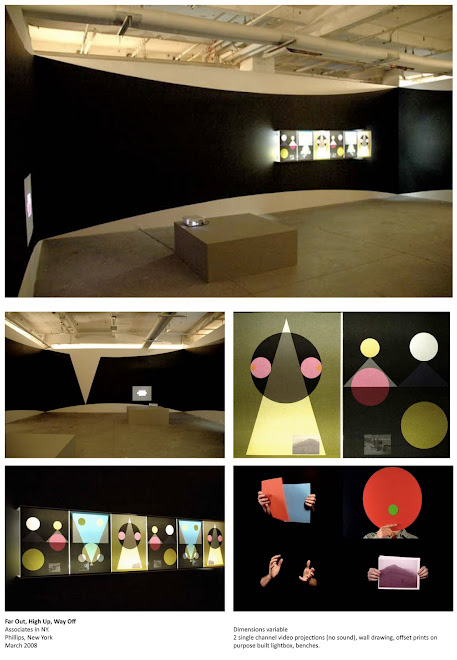


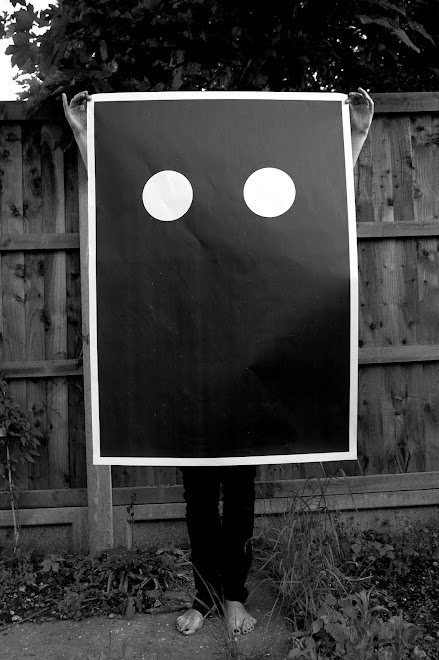.jpg)



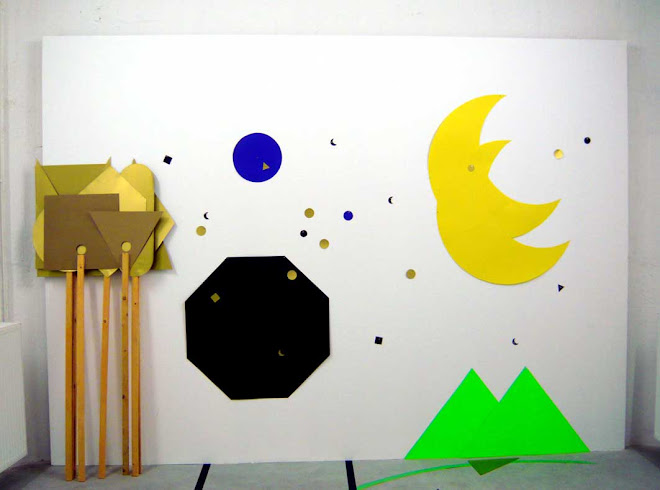.jpg)
